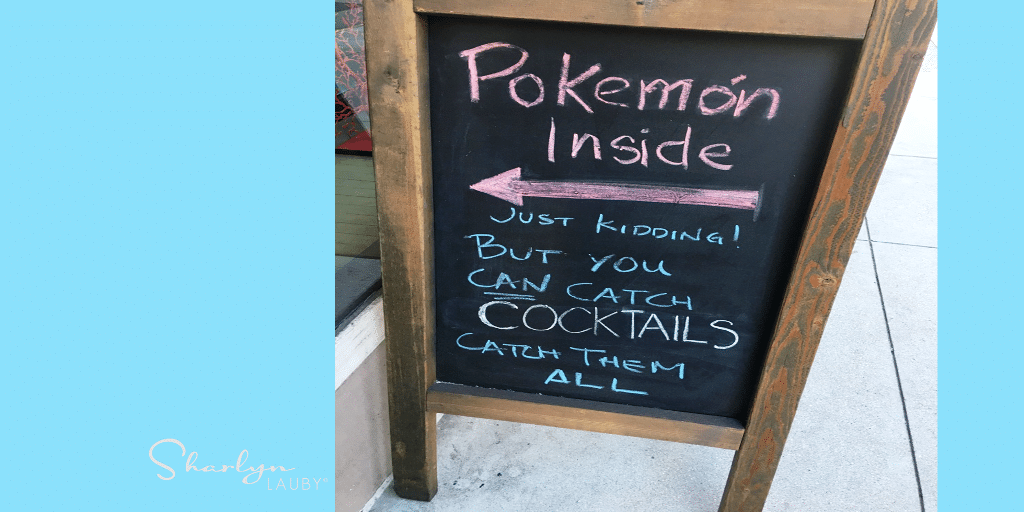How to Design an Employee Scavenger Hunt
I’ve been hearing a lot of organizations talk about the scavenger hunt lately. Personally, I like scavenger hunts because they can educate while having fun. And with a vast majority of employees having cellphones, you can easily create digital scavenger hunts.
Scavenger hunts are a great option for orientation and onboarding. Instead of showing new hires a bunch of internet pages in a classroom, let them do the searching.
Topics for Scavenger Hunts
Scavenger hunts can be themed around information that employees need to know for their job – company history, products and services, safety (i.e. MSDS, eye wash stations, defibrillators, etc.), and emergency procedures. Employees can do a “selfie” hunt taking pictures with people they will collaborate with in their work.
Another way to plan scavenger hunts is for the teambuilding and camaraderie. I worked for a company where, once a year, the management team went on a scavenger hunt. We themed it around leadership topics or business books.
The 3 Activities in a Scavenger Hunt
Scavenger hunts have three parts – pre-event, event, and post-event.
PRE-EVENT: During this phase, the rules for the scavenger hunt are established and communicated. If the hunt will be done in teams, consider if you’re going to let teams form on their own or you want to assign them. There are pros and cons to each. Decide if you’re going to offer a prize to the winning person/team and what that might be.
Another thing to consider, do you want the teams to do any type of activity prior to the event. We liked to start our scavenger hunts with a quick lunch, so we would ask teams to make the centerpiece for their table. It was an opportunity for the group to work together prior to the hunt and their creativity was fabulous.
EVENT: On the day of the event, you’ll want to remind people of the rules. Again. And if necessary, remind people that safety comes first. Depending on how you structure your hunt, it could involve physical activity. What’s designed to be a fun event can quickly turn sad if someone gets hurt.
If the scavenger hunt is going to be something that individuals do on their own, like during orientation, new hires still need to understand the rules. This is important – how the organization conducts employee play says a lot about them as a company.
POST-EVENT: After the event, participants expect to know how they did and who won. “Winning” can be determined either by who finishes first, who has the most correct responses, or both. You’ll also want to recognize the winners. Don’t cut this part of the event short. It’s equally as important as the learning piece.
For team building events, we would end the scavenger hunt at a local bar or game room. Encourage senior management to show up and mingle with the teams. The group was able to celebrate and the winning team had some bragging rights.
Scavenger hunts are a fun way for employees to learn what might be considered stale material. In my experience, our annual management scavenger hunt was looked forward to – by managers and the senior leadership team. They enjoyed spending time with managers in a casual setting. So, give it a try.
Image captured (get it?) by Sharlyn Lauby at the Gaylord Palms Resort and Convention Center in Orlando, FL
14